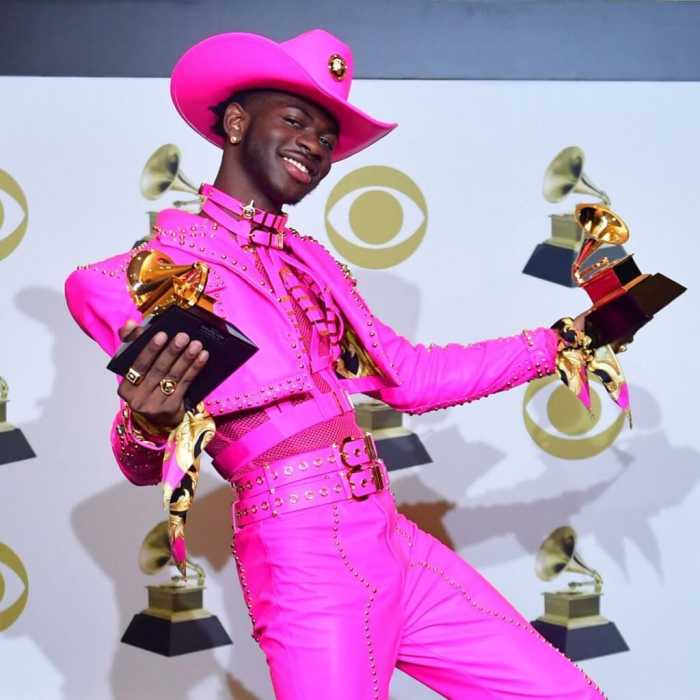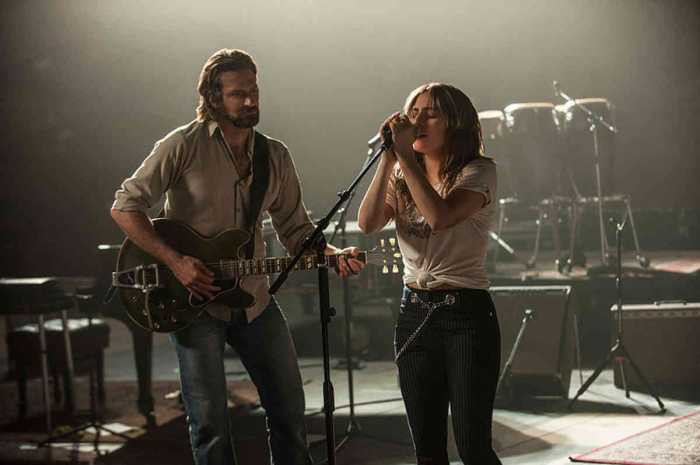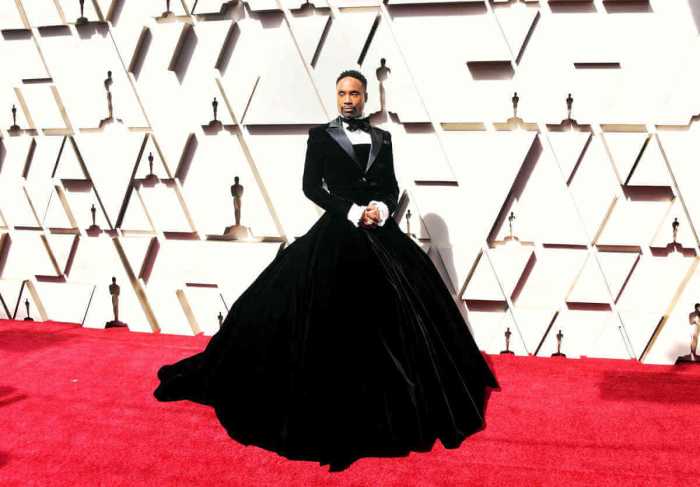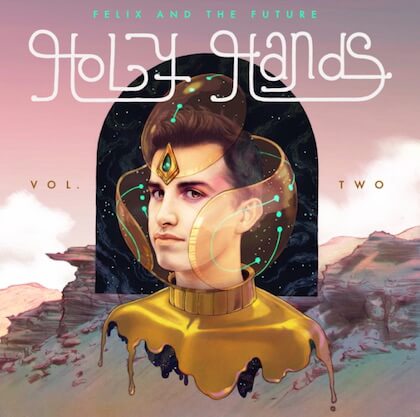The Pet Shop Boys’ “Actually” is one of three albums being released in remastered versions with lengthy bonus “Further Listening” material. | MEDIA.RHINO.COM
When the Pet Shop Boys’ first single “West End Girls” became an American hit in 1986 (an earlier version released the previous year had flopped), it was easy to lump them in with groups like Erasure and Bronski Beat. They were a duo consisting of singer and lyricist Neil Tennant and keyboardist Chris Lowe. And they were gay, although Tennant was in the closet at the time and Lowe still hasn’t made any public statements about his sexuality. And while Tennant only came out upon the release of their fifth album, “Very,” neither man made much effort at hiding his sexuality. It’s totally obvious what their hit “It’s A Sin,” from their second album “Actually,” refers to, and one of their best songs, “Being Boring,” clearly refers to the deaths of friends from AIDS and says, “When you’re young you find inspiration/ In anyone who’s ever gone/ And opened up a closing door.”
However, their early lyrics revolved around a cynicism toward yuppie culture akin to the novels of Bret Easton Ellis, who was also a closeted gay man at the time. “Rent” bluntly says, “I love you, you pay my rent” and described a relationship of monetary and sexual dependency. As the band progressed, Tennant’s perspective matured and he dropped a lot of the snideness expressed on their first three albums, “Actually,” “Please,” and “Introspective,” which are now being reissued in remastered versions with lengthy bonus “Further Listening” LP/ CD/ MP3s containing B-sides, demos, and remixes appended.
Pet Shop Boys offer worthy extras in re-release of early albums
Their best song, “The Theatre,” is told from the point of a view of a homeless man being ignored by wealthy “patrons of the arts,” and expresses an anger that’s not far from punk rock, even if the musical backing is very different. Tennant developed into a lyricist in the sardonic but ultimately heartfelt tradition of Elvis Costello or Roxy Music singer Bryan Ferry. After all, the Pet Shop Boys announced themselves to the world on “West End Girls” with the opening couplet “Sometimes you’re better off dead/ There’s a gun in your hand that’s pointing at your head” and a chorus about dead-end poverty. No number of dance beats will cover that dread up.
The Pet Shop Boys started out deliberately resurrecting disco and distancing themselves from the macho legacy of rock; in fact, they have released a series of numbered remix collections called “Disco.” Nevertheless, this music has an edge and a desire to serve as something more than a simple soundtrack for a night out. “Domino Dancing” ventures into flamenco-inspired guitar and Latin beats. Its lyrics describe a dance club that sounds like something out of Edgar Allan Poe’s “The Masque of the Red Death.”
The overtones of AIDS, rather than simple heartbreak, come across even stronger in its demo version included on “Introspective: Further Listening,” which cuts out most of the verses and submerges Tennant’s vocals in a haze. “Suburbia” evokes America’s gun culture, even if that wasn’t the group’s intent, with a gradual introduction of ominous sound effects, especially on the nine-minute “full horror” remix. Tennant understood the power of combining bitter lyrics with an upbeat tune, especially since the Pet Shop Boys’ first two albums are so drenched in irony.
“Introspective,” which consists of six lengthy songs (the shortest is about six minutes and the two longest run over nine minutes), has a different feel than “Because” and “Actually.” Those two albums offer nightmarish visions of a society that’s given up on the liberating dreams of the ‘70s and gone to the mall, implicating gay men as part of this: they synthesize Madonna’s “Material Girl” and the Sex Pistols’ “Pretty Vacant.”
The group might have been guilty of wanting it both ways for the fact that they could be mistaken for an endorsement of the Thatcherism and consumerism that “Because” and “Actually” critique. However, songs like “Opportunities (Let’s Make Lots of Money),” “Rent,” and “Hit Music” search for ways to engage critically from a perspective that rejected punk’s blunt “fuck you” and now looks like the birth of “poptimism” with a culture quickly shifting to the right. “It Couldn’t Happen Here” has a name suggesting an alternate-history in which the Nazis successfully invaded and occupied Britain. “What Keeps Mankind Alive?,” a demo included on “Introspective: Further Listening” that would be re-written in more euphemistic form as the “Introspective” track “It’s Alright,” makes their true leftism pretty clear.
It may be coincidental or not that the Pet Shop Boys stopped having hits in the US around the time Tennant came out. They’re still releasing new studio albums — the last one was the 2016 “Super,” with another on the way some time this year — and a glance at their YouTube videos reveals that they still have a worldwide following: I’ve seen comments in Spanish, Portuguese, and Chinese. Back when “West End Girls” climbed the US charts, I’m unsure anyone would have guessed at their longevity or the eventual deepening of Tennant’s songwriting skill, but the group has influenced artists as different as The Postal Service and Lady Gaga (who’s performed onstage with them). Even David Bowie liked them enough to collaborate on his song “Hallo Spaceboy.”
Out of all this music, “Actually” is the album that hangs together the best. “Introspective” benefits from production by the brilliant Trevor Horn (ABC, Art of Noise), but it comes off as an only partially successful experiment. These reissues contain a quantity of bonus material that dwarfs the original albums’ length. Little of it is filler. However, only diehard fans will need to own three different versions of “It’s Alright” and four of “Always On My Mind.” The Pet Shop Boys’ best was to come, on their fourth album “Behaviour” and “Very,” but they had already accomplished a great deal by the time they released “Introspective” in 1988.
PET SHOP BOYS | “Please: Further Listening 1984-1986”/ “Actually: Further Listening 1987-1988”/ “Introspective: Further Listening 1988-1989” | Parlophone/ Rhino | Releases Mar. 2 | Rhino.com/releases



































